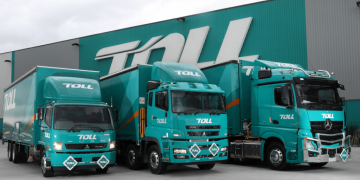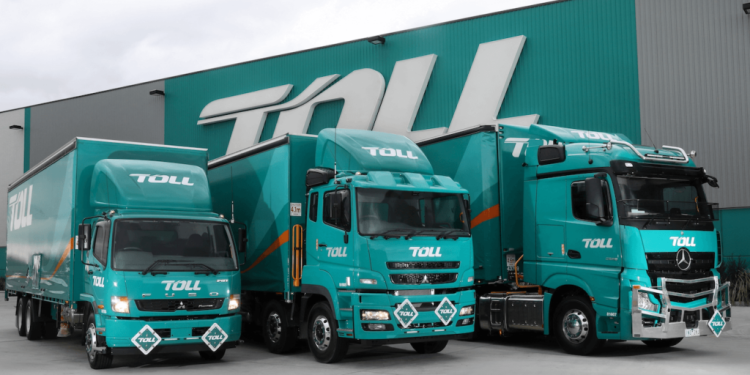The Toll Group has taken a significant step forward in the global push toward sustainable logistics by integrating heavy electric vehicles (HEVs) into its fleet. This bold move represents a turning point for decarbonisation efforts within the supply chain and logistics sector, setting a new standard for environmentally responsible freight transportation.
Driving Decarbonisation: Toll Group’s Vision
As one of the world’s leading providers of integrated logistics solutions, Toll Group has consistently been at the forefront of innovation. With the introduction of its heavy electric fleet, the company reinforces its commitment to reducing carbon emissions and enhancing operational efficiency.
The heavy electric vehicles are engineered to handle demanding freight tasks, offering a green alternative to traditional diesel-powered trucks. This initiative aligns with the global goal of achieving net-zero emissions by mid-century and underscores Toll’s proactive stance on climate change.
Key Features of the Heavy Electric Fleet
- Zero Emissions: The HEVs produce no tailpipe emissions, significantly reducing the carbon footprint of freight operations.
- Enhanced Energy Efficiency: These vehicles employ state-of-the-art battery technology, ensuring optimal energy consumption and cost savings.
- Noise Reduction: Unlike conventional trucks, electric models operate almost silently, benefiting urban environments by reducing noise pollution.
- Advanced Telematics: Toll Group’s fleet is equipped with cutting-edge telematics systems to monitor performance, route optimisation, and energy usage, ensuring maximum operational efficiency.
Impact on the Supply Chain
The introduction of heavy electric vehicles has far-reaching implications for the logistics and supply chain industry:
- Sustainability Leadership: By adopting electric freight vehicles, Toll Group is leading by example, encouraging other logistics companies to adopt greener practices.
- Customer Confidence: Businesses partnering with Toll benefit from reduced carbon emissions in their supply chains, enhancing their own sustainability credentials.
- Economic Benefits: While electric vehicles have a higher upfront cost, reduced fuel expenses and maintenance needs translate into long-term savings.
- Urban Logistics: HEVs are ideal for last-mile delivery in urban areas, offering a cleaner, quieter alternative to traditional trucks.
Challenges and Opportunities
Transitioning to a fully electric fleet comes with its challenges, including infrastructure requirements for charging stations, vehicle range limitations, and high initial investment. However, Toll Group’s investment in this technology highlights its belief in the long-term benefits outweighing the obstacles.
Additionally, advancements in battery technology and renewable energy integration are expected to alleviate these challenges over time, paving the way for broader adoption of electric vehicles in the industry.
A Greener Future for Logistics
Toll Group’s heavy electric fleet is more than just a logistics upgrade; it is a commitment to a sustainable future. By reducing reliance on fossil fuels and embracing clean energy solutions, the company is driving meaningful change in the supply chain sector.
This initiative reflects a growing consensus among industry leaders: the future of logistics is green, and early adopters of sustainable technologies will shape the path forward.
Conclusion
As climate change reshapes priorities across industries, Toll Group’s heavy electric fleet is a testament to the logistics industry’s capacity for innovation and environmental stewardship. By embracing electric vehicles, the company not only addresses the pressing need for sustainability but also positions itself as a pioneer in the green supply chain revolution.
For the global logistics sector, this is a powerful reminder: sustainable practices are no longer optional—they are essential for long-term success. The Toll Group is proving that with ambition, innovation, and a commitment to decarbonisation, the industry can achieve both environmental and economic gains.
Stay updated with the latest in logistics and sustainability by following The Logistic News.























